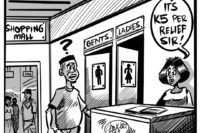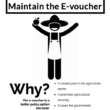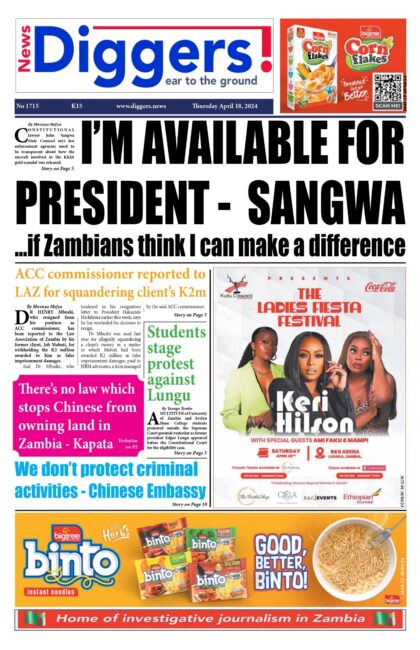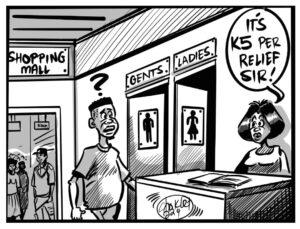Indaba Agricultural Research Policy Institute (IAPRI) Executive Director Chance Kabaghe says Zambia will be poor for many more years to come because of government’s hesitance to invest heavily in the agricultural sector.
And Kabaghe has asked government to crop-diversify from maize as a measure to fight malnutrition and encourage people to eat health food.
In an interview with News Diggers in Lusaka, Kabghe said the agricultural sector employs 50 per cent of Zambians and that failure to invest heavily in it means failure to effectively fight poverty among the citizens.
“I think I would like to really emphasise that the only way Zambia can really move out of poverty, the only way our small dwellers in the rural areas and also in the urban areas can have more money in the pocket is by concentrating on agriculture. Our data shows that agriculture employs more than 50 per cent of our people. That’s earnings of more than 50 per cent of the population. And therefore, it is important to invest carefully in agriculture and these other sectors. We talk about the mines, yes with the mines we have foreign exchange, but they only employ 1.9 per cent of the Zambian population. So, the impact to the general population in this country is not that much from the mining. If you really need economic impact, good nutrition, money in the pocket, lets invest in agriculture. The fact that government has reduced its investment in agriculture also means that poverty is not going away any time soon,” Kabghe said.
“I think the first thing one notices from the analysis is that there is a decline of budget investment in agriculture. This year it is 6.1 per cent when in actual fact the target that is agreed by governments at the AU (African Union) level through the Maputo and Malawo declaration is that 10 per cent of GDP should be going to agriculture. So really, we are meeting that target.”
And Kabaghe asked government to crop diversify from maize as a measure to fight malnutrition and encourage people to eat healthy food.
“The second thing which is positive is that we have seen some increase from last year to Fisheries and Livestock’s. And also, the good sign is that government is saying come next year we are going to go 100 per cent with the e-voucher. Its definitely much more efficient the e-voucher than using our traditional system. This year the implementation of 2018/2019, we are saying it will be 40 per cent traditional and 0 percent e-voucher. But the view is that we should go 100 per cent. Its more efficient and the farmer is given the choice to choose whatever he wants. And that therefore meets what we are talking about as agricultural diversification. So, this particular budget does not give that diversification because of the 40-60 per cent in the e-voucher. We should not just concentrate on maize. And there are people who are changing their eating patterns significantly. Let’s add value to maize and maybe feed our livestock. So, we are not saying that we should stop investing in maize,” said Kabghe.
“Maize should be there but that should not be the emphasis of government because for the past years we have been talking about maize and maize. Let’s move away and invest elsewhere. We have seen also a declined investment in research and development. I think those are very important. Any country that has developed in the world it’s because of research and development. We would like to see more money going towards research. There is an area that we have done well in agriculture as a country and that is the seed industry. So, we are saying what is in this seed industry that has made it to do so well? And what has come out is the fact that the seed industry is private sector led. Its very transparent and its very predictable. We are the biggest export of seed not only in this region but the whole of Africa. If we have done well in that area then we can surely diversify and do well in other areas too.”












